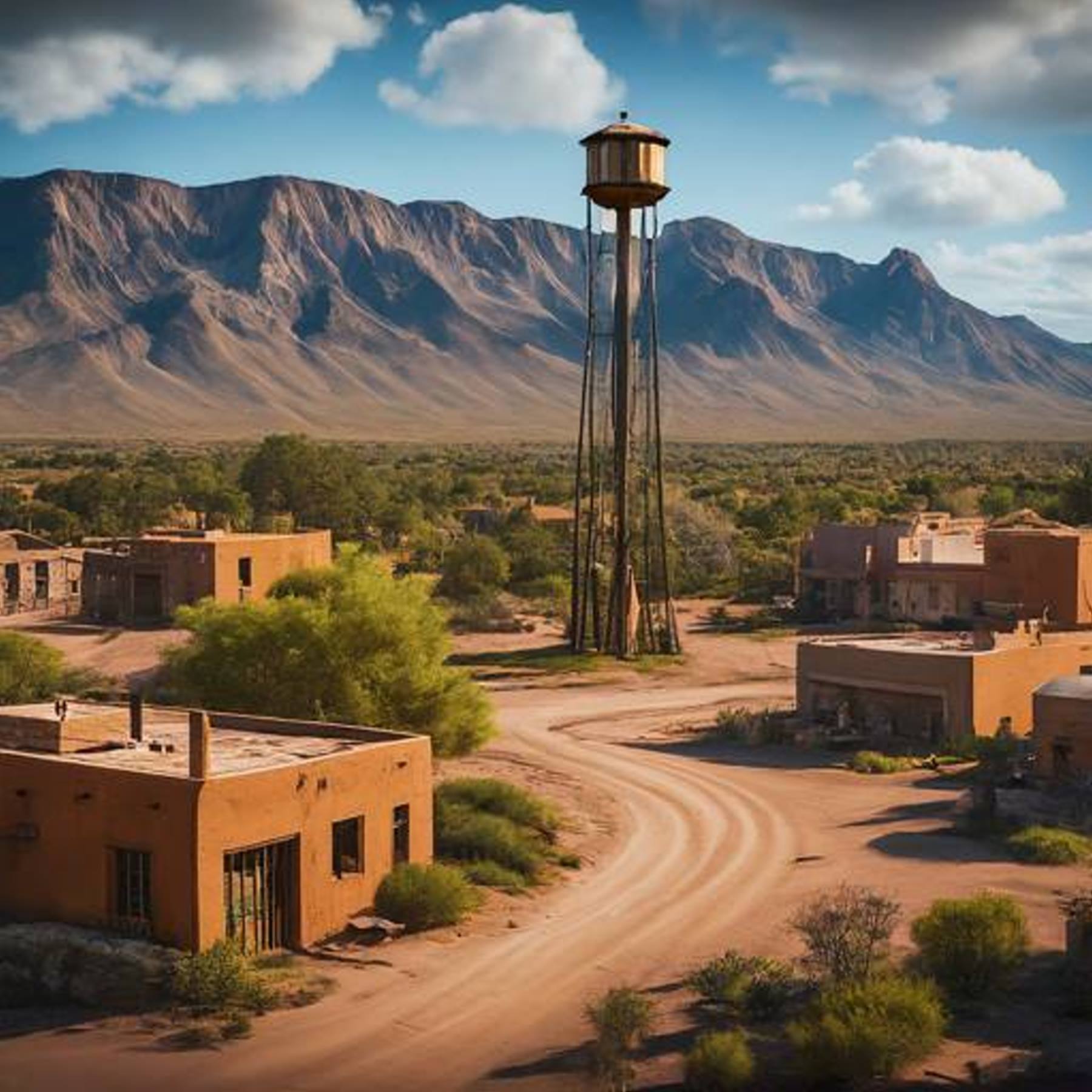- Climate change exacerbates water issues in rural U.S. communities.
- New research highlights the vulnerabilities of Southwest and Central Appalachia.
- Community-centered, scalable solutions proposed to address inequities.
- Floods, droughts, and wildfires pose increasing threats to rural water systems.
- Framework integrates local knowledge with technical expertise for durable solutions.
August 14, 2024 — As climate change intensifies, rural communities across the United States face mounting challenges in maintaining safe and reliable water systems. A newly released study by the Pacific Institute, in collaboration with the Livelihoods Knowledge Exchange Network (LiKEN) and the Rural Community Assistance Partnership (RCAP) , sheds light on the precarious state of water and wastewater systems in these regions. The report outlines the severe risks and proposes a community-centered framework designed to build equitable and resilient water systems, especially in areas with histories of injustice.
, sheds light on the precarious state of water and wastewater systems in these regions. The report outlines the severe risks and proposes a community-centered framework designed to build equitable and resilient water systems, especially in areas with histories of injustice.
The Growing Threat of Climate Change to Rural Water Systems.
Rural America is on the front-lines of climate change, with communities in the Southwest and Central Appalachian regions particularly vulnerable. These areas already face significant water-related challenges, including limited access to water and sanitation services. The report, “Water and Climate Equity in Rural Water Systems in the United States ,” highlights how existing inequities—such as racial and financial disparities—coupled with aging infrastructure and insufficient resources, make these communities especially susceptible to the impacts of climate change.
,” highlights how existing inequities—such as racial and financial disparities—coupled with aging infrastructure and insufficient resources, make these communities especially susceptible to the impacts of climate change.
Extreme weather events, including floods, droughts, and wildfires, are becoming more frequent and severe, further straining rural water systems. The report notes that these climate events can lead to power outages, contamination of water sources, and erosion, which pose significant risks to drinking water safety and availability. For example, flooding can mobilize pollutants and increase the risk of landslides, while drought can deplete groundwater reserves, leaving communities without reliable water sources.
Spotlight on Vulnerable Regions.
The study zeroes in on two regions where the convergence of climate change and water insecurity is particularly dire: the U.S. Southwest and Central Appalachia.
- Southwest Challenges: Hispanic, Indigenous, and low-income communities in the Southwest are disproportionately affected by climate change. Colonias—low-income settlements along the U.S.-Mexico border—face severe water and sanitation challenges, exacerbated by extreme droughts and inadequate infrastructure. Native American communities, many of which lack indoor plumbing, are especially vulnerable to the region’s arid conditions.
- Central Appalachia’s Struggles: In Central Appalachia, systemic injustices and high rates of Safe Drinking Water Act violations have left many rural communities with poor water quality and insufficient wastewater services. The region’s vulnerability is compounded by extreme weather patterns, such as fluctuating temperatures and frequent flooding, which threaten both water availability and quality.
A Community-Centered Solution.
In response to these growing threats, the report introduces the “Water and Climate Resilience Framework,” a model designed to be adaptable and scalable across different rural regions. This framework emphasizes the integration of local knowledge with technical expertise, allowing communities to develop effective and sustainable solutions.
The framework encourages collaboration among diverse stakeholders, including engineers, economists, ecologists, and local leaders. By considering each community’s unique cultural, historical, and environmental contexts, this approach aims to build water and wastewater systems that are resilient to climate change and equitable and accessible to all.
Opportunities Amid Challenges.
Despite the daunting challenges, the report also highlights opportunities to build on rural communities’ inherent resilience. Existing social, natural, and physical assets can be leveraged to create solutions tailored to local needs. For instance, community-based initiatives that promote local knowledge and leadership have shown promise in developing durable water systems.
The study underscores the importance of providing accessible technical assistance and tools to these communities, empowering them to address water challenges head-on. By fostering a collaborative environment where local insights are valued and integrated into the planning process, rural communities can better prepare for and adapt to the impacts of climate change.
Conclusion.
The findings of this research are a wake-up call to policymakers and community leaders across the United States. The increasing frequency and severity of climate events are not just environmental issues; they are pressing social and economic concerns that threaten the well-being of millions of rural residents.
As the climate crisis deepens, the need for innovative, community-driven solutions becomes more urgent. The “Water and Climate Resilience Framework ” offers a pathway to not only protect but also empower rural communities, ensuring that they have the resources and support necessary to secure a sustainable water future. By embracing this model, rural America can rise to the challenge, turning the tide on water insecurity and building a more resilient, equitable future for all.
” offers a pathway to not only protect but also empower rural communities, ensuring that they have the resources and support necessary to secure a sustainable water future. By embracing this model, rural America can rise to the challenge, turning the tide on water insecurity and building a more resilient, equitable future for all.

